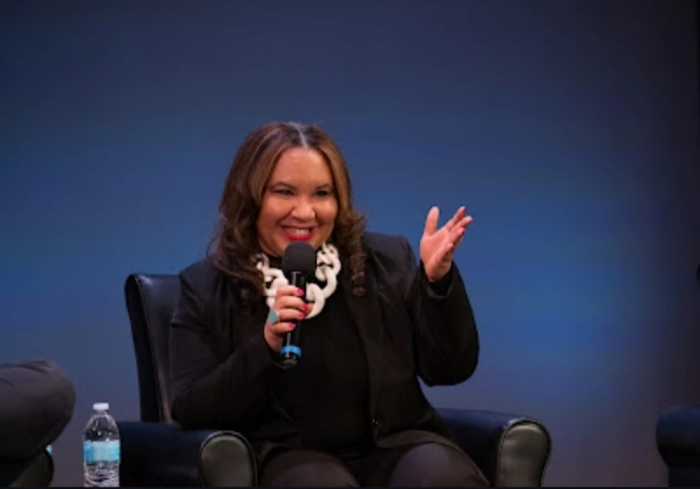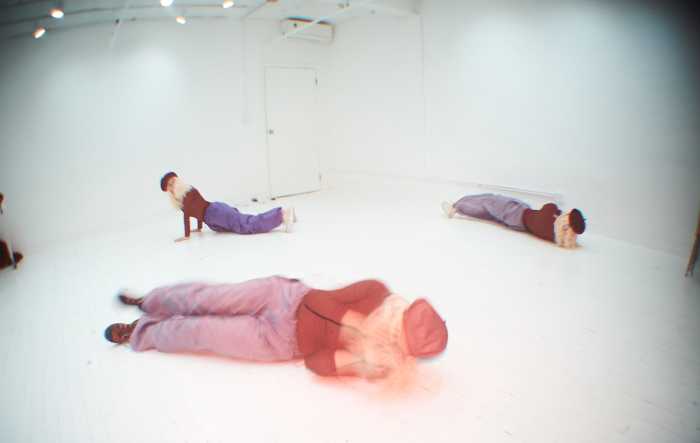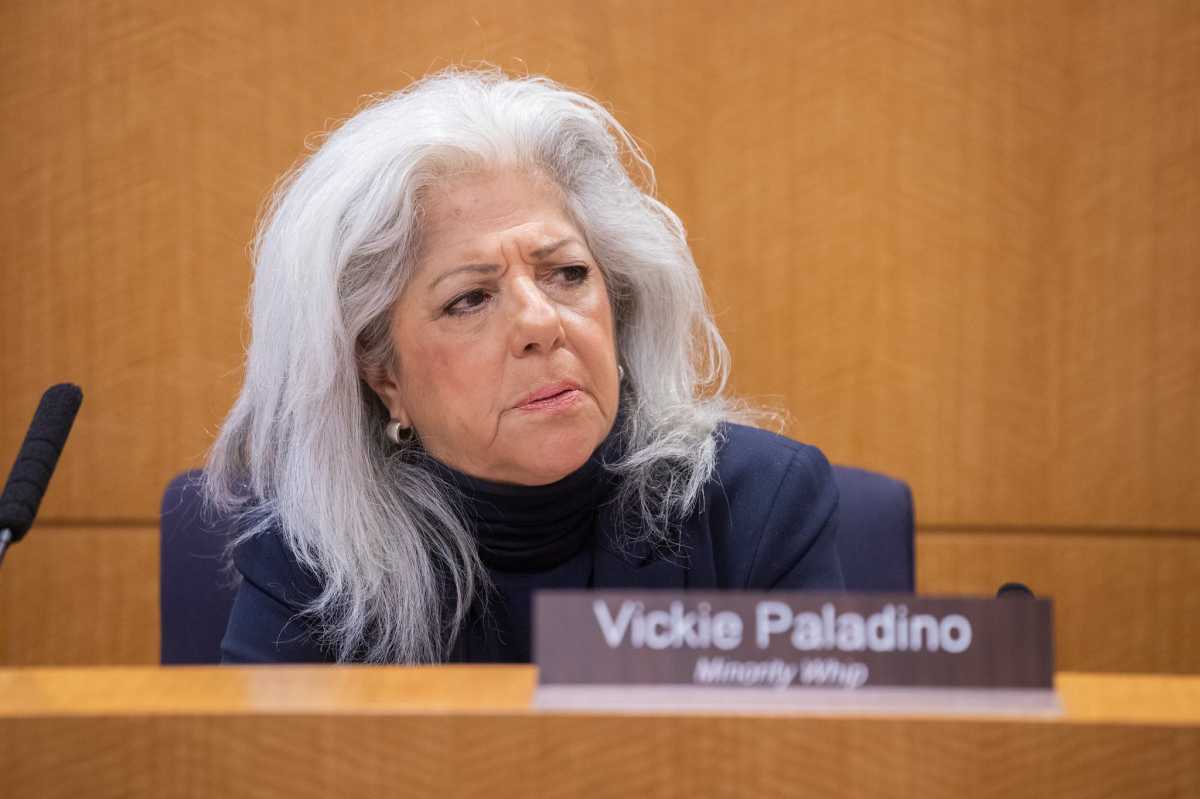When New York International Airport opened for business in 1948, it occupied only 1,000 acres of southeastern Queens and housed just six operational runways averaging fewer than 100 take-offs and landings per day. Since then, the airport has been rechristened for the assassinated John F. Kennedy, expanded to almost five times its original size, undergone more than $3 billion in investments for upgrades and refurbishments and has become one of the world’s busiest ports of call, handling more than 40 million passengers every year.
Today it also plays a major role in New York’s economy, employing nearly 40,000 people and contributing approximately $22 billion to the NYC metropolitan area. Yet very few of these jobs and very little of this money goes to its host borough of Queens, whose residents are most directly and personally affected by the airport. Every day, my constituents in the 31st City Council district are asked to endure the many disadvantages of living near a major international airport, including heavy traffic congestion, overhead planes, air and noise pollution, the ever present danger of accidents, and the realities of living so close to a potential target in this post 9/11 age.
For all its disadvantages however, JFK remains a barely tapped gold mine; an idle engine of economic development for the people of Queens who are still trying to survive the worst economic calamity in nearly a century. JFK is a potential economic boon for Queens because of its ability to serve as a major air cargo and shipping hub; a business model that could create thousands of well paid, entry and mid-level positions for Queens residents living in Far Rockaway, Laurelton, Rosedale and Springfield Gardens, among others. For the past several years, JFK has taken on an increasingly smaller role in the shipping and air cargo industries, operating significantly below capacity and costing the city thousands of potential jobs and millions in potential revenues and taxes.
The need for additional job creation in the Rockaways is especially evident. For years, the unemployment rate in the Rockaways has been among the highest in the City and the area has been ripe for redevelopment and new opportunities that would take advantage of the great untapped resource that the peninsula has to offer: human capital. In JFK, we have an opportunity to tie the human resources available in the Rockaways and other areas of southeastern Queens to the emerging businesses of air cargo and shipping.
The Queens Chamber of Commerce and the city Economic Development Corporation are unanimous in their belief that air cargo and shipping through JFK represent real economic opportunity for Queens. The only question is how to help facilitate the creation and expansion of these business models, which inject job opportunities for residents while placing virtually no additional burden on airlines or passengers. Studies by the EDC to determine how to create these opportunities are underway, and recommendations are expected by the end of the year.
I applaud these efforts, and encourage the EDC to remember that in addition to expanded business opportunity, we need to find a solution that works for everyone; that allows cargo shipping to expand without adding to traffic jams, asthma rates or increased noise pollution. The key to job creation is sustainability, and I believe the key to sustainability at JFK is to ensure we are creating an economic environment in which people can both live and work. We should use every resource at our disposal, including our waterways, which can carry goods from JFK to southern Queens and Long Island, to create the well paid, sustainable jobs that will enhance the quality of life for all New York City residents.
If done right, JFK can be an economic boon to the borough of Queens and my district. Mishandle this, and it leads to worsened traffic, new health and safety hazards, and further drains on the resources of New York City. Careful planning and an emphasis on sustainable development are essential to turning JFK Airport into an economic boon for Queens. I stand ready and willing to offer help.
New York City Councilmember James Sanders, Jr. is in his ninth year representing the people of the 31st City Council District. He is currently Chair of the Civil Service and Labor committee, and is a member of the Land Use, Economic Development, Veterans and Juvenile Justice Committees. Additionally, he sits on the Subcommittee on Landmarks, Public Sitting and Maritime Uses.



































